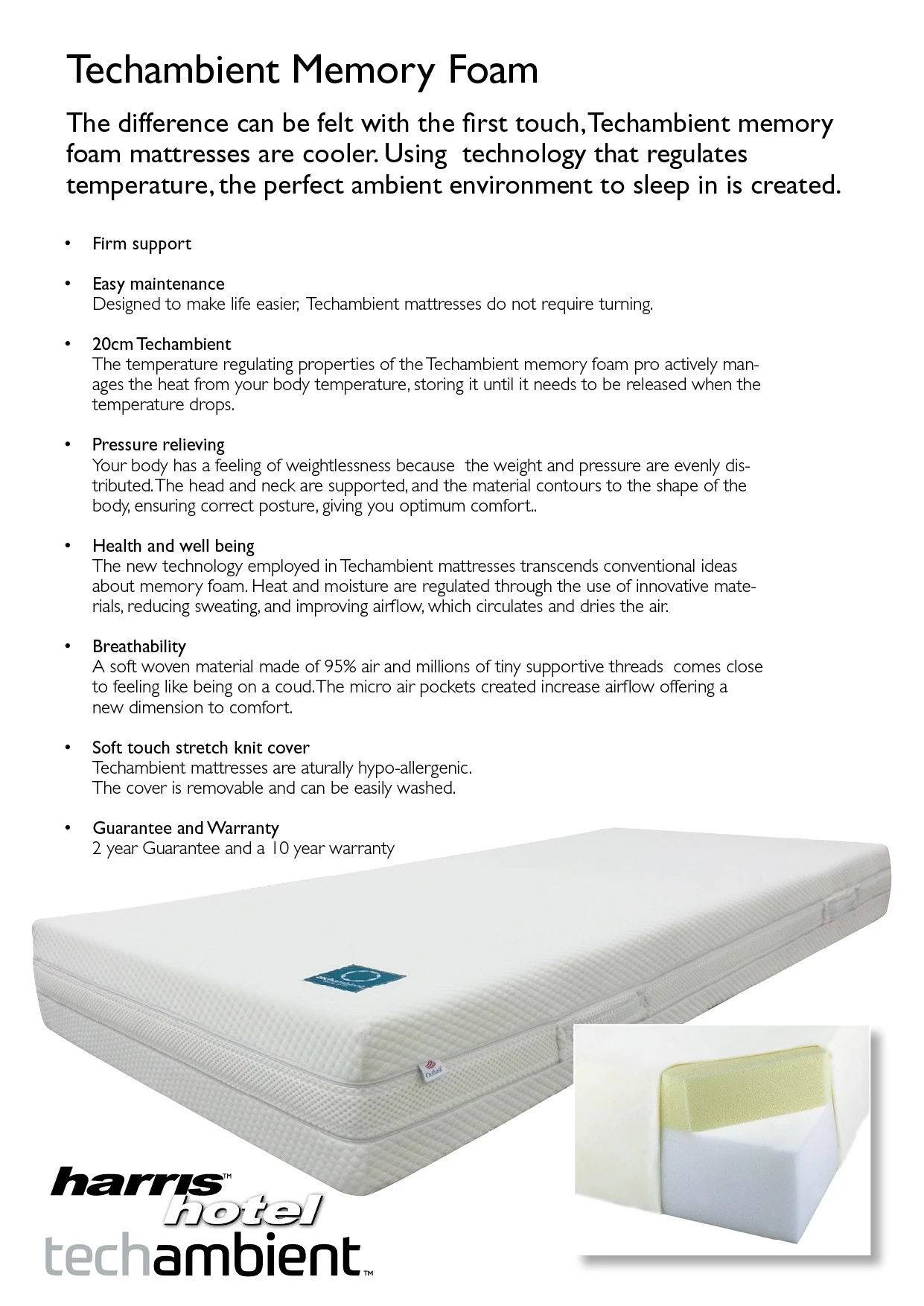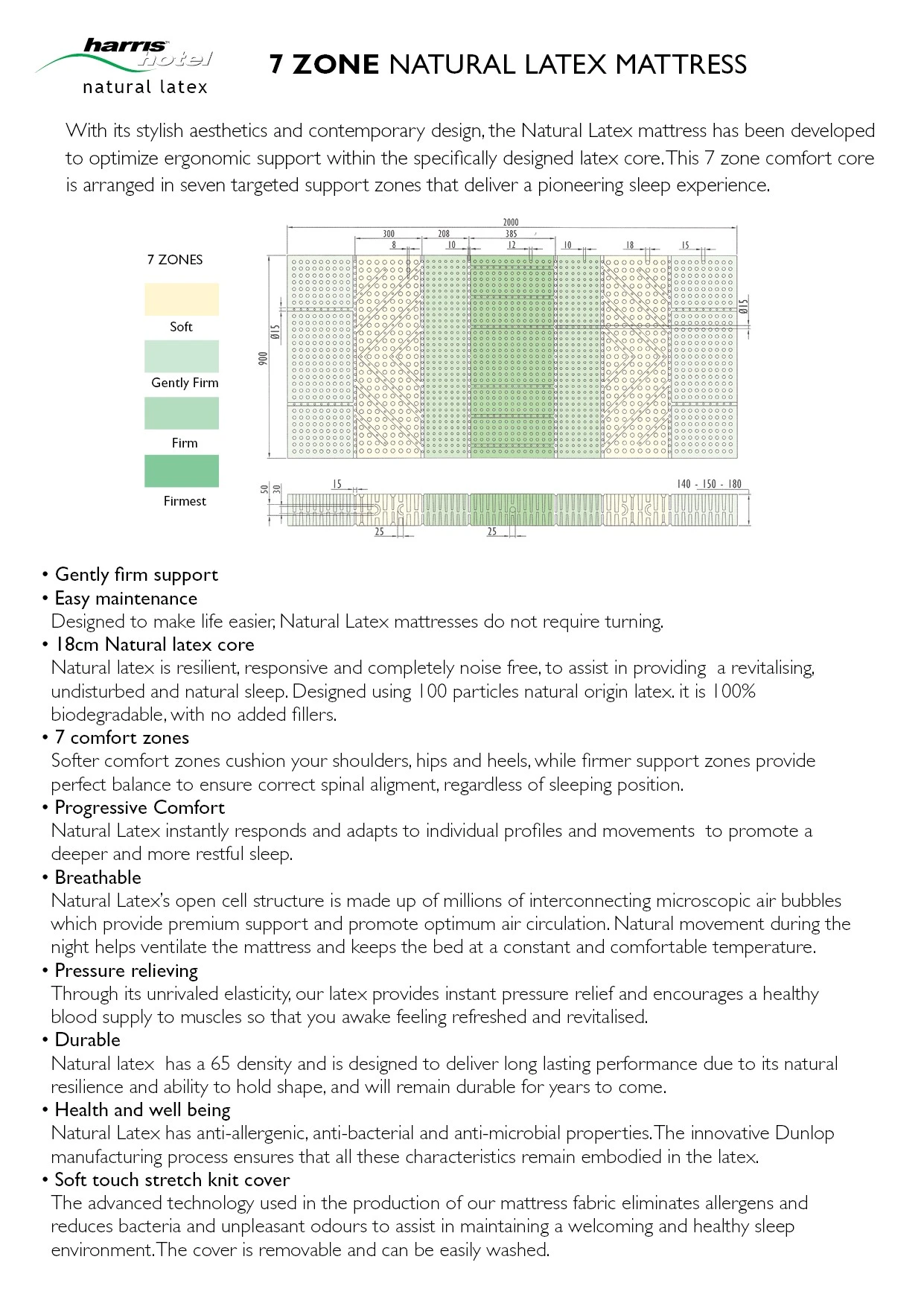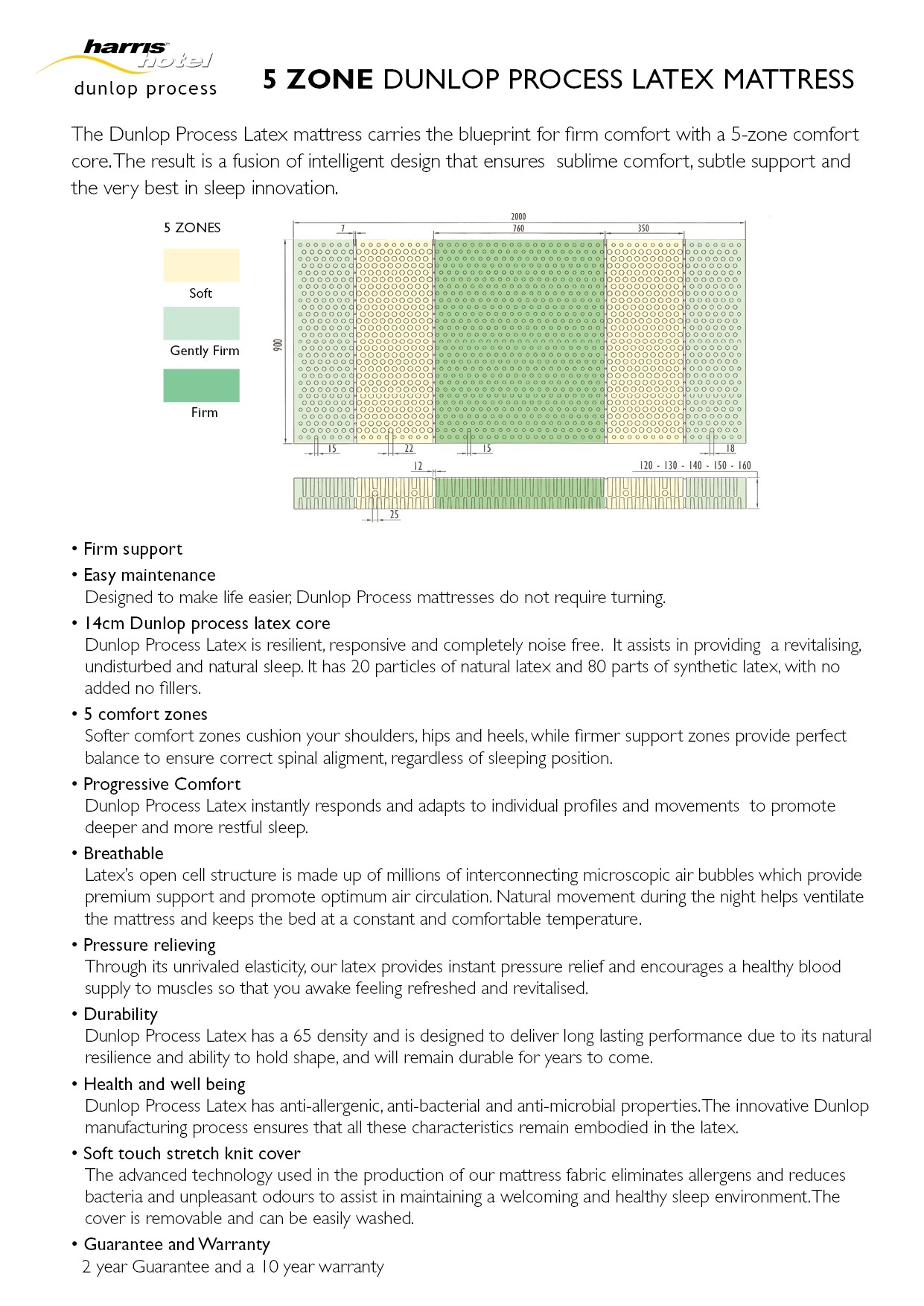It must come as no surprise that sleeping with the wrong pillow can badly impact your sleep quality – and yet so often we settle for a cheap, low-quality pillow. If you’re going to invest in a great bed and mattress, you should consider going the extra mile in choosing a pillow that suits your needs too. The signs that need to change your pillow are:
- Chronic headaches, neck aches, and shoulder pain.
- Feeling like you have insomnia – being unable to fall asleep due to an unsupported neck.
- Having to regularly wake up to ‘poof up’ your pillow, which leads to feeling fatigued all day.
- You occasionally feel like your pillow is trying to smother you in your sleep. (Hint: it’s too soft)
- You snore, badly.
Decisions, decisions! How to choose the right pillow
We sympathize: there is an overwhelming selection of pillow types and brands out there, all claiming to be the best. Determining how to choose the right pillow will depend on how you sleep, and what your major ailments are.
How to choose the right pillow for side sleepers
If you sleep mostly on your side, your challenge will be two-fold: relieving the weight of your shoulder pressing in the mattress and keeping your spine and neck laterally aligned. It’s recommended that side-sleepers look for pillows that are:
- Lofty – the extra height will keep your neck straight by supporting your head. A gusseted pillow, which basically has an extra panel all around the side, naturally provides extra loft.
- Firm – to maintain adequate support all night long.
- Fluffy and generously stuffed – to provide loft and support without feeling like a rock.
Side-sleepers should also bear in mind that their face comes into contact with the pillow regularly, so consider hypoallergenic ranges, if you’re prone to allergies or skin outbreaks.
How to choose the right pillow for back-sleepers
For those who sleep on their backs, the most important thing to aim for is a straight neck, and ample support of the natural curve of the neck into the shoulders. The best pillows for a back-sleeper will be:
- Medium-loft – too high will strain the neck and cause a stiff neck in the morning, and too low will feel like sleeping without a pillow and probably result in some impressive snoring.
- Medium-firm – to keep your head supported all night and ensure that the neck and spine are aligned, a medium-firm pillow will also keep your head from sinking too deep, the way it would with an overly soft pillow.
- Extra cushioned – to cradle the head comfortably.
Back-sleepers are a little more prone to overheating, and so may want to search for a pillow manufactured with naturally cooling fibers.
Sleeping on your stomach – but should you really?
So the debate is still on: should you, or shouldn’t you, sleep on your stomach? Although tummy-sleepers do risk placing additional strain on their necks and lower backs, if flopping over onto your belly is the only thing that helps you sleep, then improve the quality of your position with a pillow that is:
- Low – to ensure that your neck is not craned backward. This is an instant headache and stiff neck in the making.
- Soft support – because of the delicate balance between being too high and ‘just right’, a soft pillow will give way to your head as you nestle into your position.
- Compressible fill – feathers and down alternatives are perfect for tummy-sleepers, as they compress easily, conforming to the height and shape that you need.
Tummy sleepers often benefit from being able to tuck their forearm beneath their pillow, effectively hugging it to their face.
How to choose a pillow for neck pain
If you suffer from neck ache – whether caused by poor sleeping habits, stress, and tension, or past injury – finding the best pillows for neck ache is going to save you from additional pain and possibly even an appointment to a chiropractor or physician:
- First – if you suffer neck pain, it’s recommended to avoid sleeping on your stomach entirely, even if you’re confident in your pillow.
- Neck pain is often alleviated by the support of a pillow that conforms to the shape of your head and neck, providing ultimate support. A good example of this is a memory foam pillow, breathable foam, or a hybrid pillow.
- Make the effort to learn which positions you sleep in most – on your side, or on your back – before buying a new pillow. Then you can apply the above tips to your sleeping style.
Most neck aches can be attributed to stress and tension. Besides ensuring that you have the best pillow for neck aches, try to foster an environment of relaxation and gentle stretches before bed.
Get great shut-eye with the right pillow
Combining a quality mattress with a pillow that’s suited to the way you sleep is a great formula for a good night’s sleep. If you’d like to chat about finding the perfect combination for you, let’s get talking!












